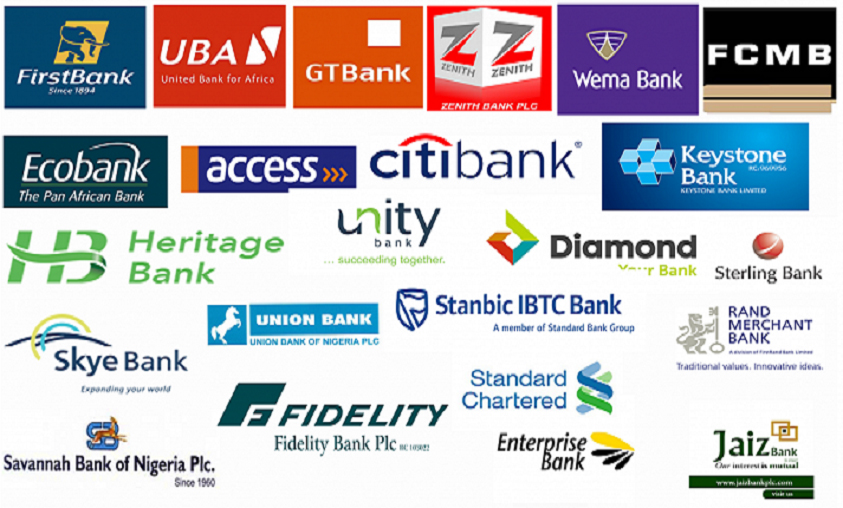The Central Bank of Nigeria (CBN) communicated through individual circulars to Deposits Money Banks (DMBs) on 24 July 2023, reaffirming its commitment to not only retain the minimum Loan to Deposit Ratio (LDR) at 65.0% but also resume its enforcement of this directive effective 31 July 2023. Accordingly, DMBs failing to comply with the requirement from the effective date will be liable to an additional Cash Reserve Requirement (CRR) of c.50.0% charged on the lending deficit implied by the target LDR (i.e., 65.0% – DMBs LDR). Specifically, the apex bank mentioned in the circular that this policy aims to moderate the financial system’s excess liquidity. In addition, according to the CBN, when it first implemented this directive, this policy would help bridge the credit gap and support Nigeria’s real sector. Subsequently, in this report, we analyse and provide our views on the possible impacts of this policy on banks under our coverage.
Tier 1 Banks Fall Short of the LDR Directive
Our analysis of DMBs’ compliance to the CBN’s 65.0% minimum LDR directive reveals a consistent breach by all the banks we cover. For context, in the 3-year period since the CBN introduced the directive (2020), tier 1 banks’ LDR averaged 50.0%, paling in comparison to the overall industry average (65.9%). Also, preliminary numbers for 2023 underscore the preceding. Specifically, FBNH emerged as the frontrunner among its Tier 1 peers, with the highest LDR of 64.5%. In contrast, ZENITHBANK (59.4%), ACCESSCORP (49.4%), UBA (37.9%), and GTCO (33.4%) reported LDRs well below the 65.0% threshold. We attribute this to the moderate loan growth across tier 1 banks as of Q1-23 (average: +0.7%). Evidently, GTCO has consistently maintained its conservative stance to grow its loan book with a 5-year historical average of 6.0% (Q1-23: -1.5% YTD).
Further Constraints on Tier 1 Banks’ Earnings Growth
It is pertinent to note that, according to the previous directive, DMBs were liable to a 32.5% additional CRR on their lending deficit, which has consistently constrained earnings growth as the 3-year historical average of Tier 1 banks’ restricted cash with CBN as a proportion of total deposits settled at 22.2% – GTCO (25.0%), FBNH (24.0%), ACCESS (22.6%), ZENITH (22.2%), and UBA (17.0%). We highlight that the proportion of restricted cash to total deposits is lower compared to the lending deficits due to the combined impact of (1) the CBN allowing banks to request funds from their CRR debits through the differentiated cash reserve ratio (DCRR) to finance greenfield and brownfield projects, and (2) lower CRR in other countries where our coverage banks operate. However, in an effort to drive compliance and enhance its liquidity management mandate, the CBN increased the additional CRR to a maximum of 50.0%. Thus, we analysed the portion of DMBs deposits that will be stripped from earnings and put in the custody of the CBN. Utilising the additional CRR of 50.0% and applying this to banks’ current lending shortfalls, we estimate that Tier 1 banks’ restricted cash with CBN as a proportion of total deposits will settle higher at an average of 28.8% – GTCO (41.7%), ACCESS (31.0%), ZENITH (27.3%), UBA (27.0%), and FBNH (17.1%). The preceding indicates that the increase in the additional CRR will put further pressure on DMBs’ earnings growth and poses challenges to their liquidity levels.
FX Liberalisation Likely to Have a Modest Impact on Banks’ LDR
Interestingly, the LDR re-enforcement comes at a time of sharp FX depreciation, implying that loans and deposits in foreign currencies will have to be revalued. As a result, we applied a 38.0% naira depreciation on banks’ loans and deposits in foreign currency and recalculated the LDR. Against the preceding, we found out that the naira devaluation had a nil effect on the LDR of ACCESS (49.3%) and FBNH (64.5%). However, UBA (41.1%) and GTCO (42.2%) witnessed an improvement in their LDR, reflecting the faster growth in foreign-dominated loans than deposits. Meanwhile, ZENITH’s LDR weakened to 38.6% due to the fact that the bank’s foreign-denominated deposits are 1.2x greater than its loans. We also looked at the impact of the naira devaluation on banks’ Loan-to-Funding Ratio (LFR), maintaining the 38.0% local currency depreciation. Here, ZENITHBANK (32.8%), UBA (37.3%), GTCO (42.2%), ACCESSCORP (44.7%), and FBNH (59.3%) were below the 65.0% threshold.









